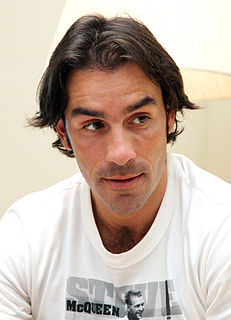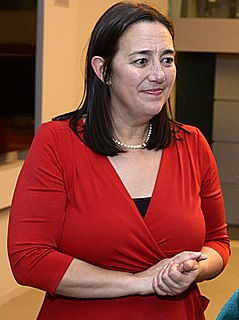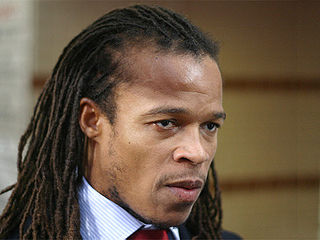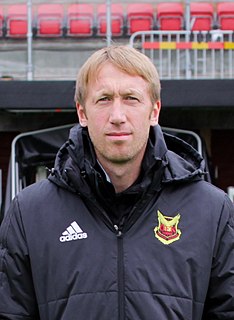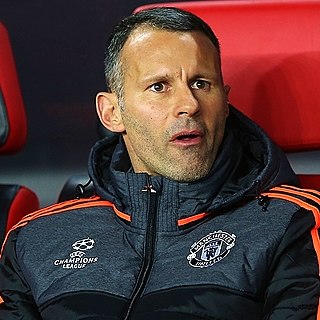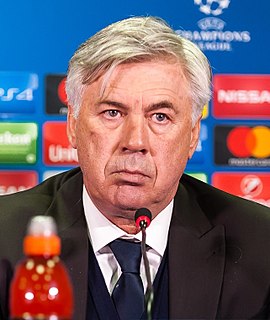A Quote by Jermaine Jenas
It's not that players feel no emotional bond to a team. When you've given so much of your career to a club, you can't help but feel affection towards them.
Related Quotes
One should never direct people towards happiness, because happiness too is an idol of the market-place. One should direct them towards mutual affection. A beast gnawing at its prey can be happy too, but only human beings can feel affection for each other, and this is the highest achievement they can aspire to.
You feel so happy about that, that you feel loving towards these poor being who are suffering in their separateness, and their alienation Then have the problem of how to help them get free, because just by your knowing that they're essentially free, that doesn't free them. Just by your being blissful, it doesn't release them from their knot of separation and false self absolutization.
Everyone has an affection for the club where you played in your youth; that's normal. But loyalty to it? Loyalty is staying at the club. Affection is different. The important thing is that when you're there, you give it your all, respect the rules and respect the club, and try to be the best you can be. That's fair enough.
Feelings are you inner guidance system-your emotional compass. When you allow this compass to direct your actions you build self-trust. When you feel hungry, you eat. When you feel tired, you rest. When you feel lonely, you reach out for a connection to others. In this most basic way your feelings link you with the wisest part of yourself. They tell you what you need to know at any given moment.
They're human beings before they're footballers and it's important to understand how can I help them. What do they need? How can they feel part of this? How can they feel they're improving in their career, because my job is to help them get better, play better football, earn a better contract, whatever it is.
In my career, there've been three stages really. There's been the stage when you come into a team, you don't feel the nerves, you just go out and play. Then through your 20s you start thinking a lot more about the games and what's at stake. And then, as you get more experienced towards the end of your career, you enjoy it a lot more and you're a lot more relaxed.
The owner or president is the person who controls the club. The coach's job is to keep him happy. But the key to success, as a manager, is your relationship with the players. Important clubs and important players succeed when the environment is correct. The players must enjoy their work and feel free to express their talents.




